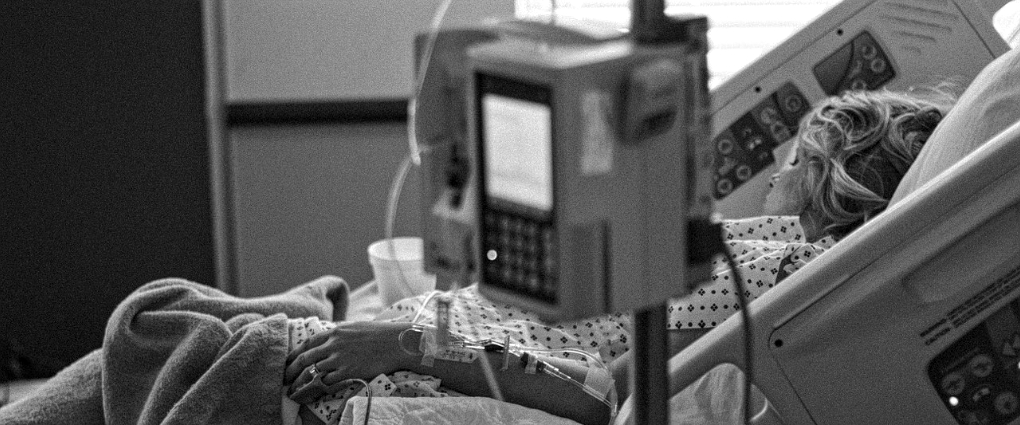
Living Wills & Advance Directives
An Advance Directive [AgeUK] allows you to express your wishes regarding future medical treatment.
It allows you to refuse treatment, even if this might lead to your death. An advance decision is legally binding which means that those caring for you must follow your instructions. However it will only be used if you lose the capacity to make or communicate decisions about your treatment.
You should perhaps have a long, hard think about treatments or scenarios that you would want to refuse and talk it through with your close friends & family.
An advance decision to refuse treatment:
- must be clear about the circumstances under which you would not want to receive the specified treatment
- should specify whether you want to receive the specific treatment, even if this could lead to your death
- can’t be used to request certain treatment
- can’t be used to ask for your life to be ended.
It’s good practice to write it down and give a copy to your loved ones and all involved in your care. Your GP needs to know aboiut it so it can be recorded in your notes.
An advance statement on the other hand, isn’t legally binding but is you setting out your personal instructions and preferences for anything at all that concerns you.
You might like to include information on:
- where ideally you would like to be cared for, for example your home, a care home or hospice
- your dietary requirements
- foods you do and don’t like
- whether you prefer baths or showers
- what kind of clothes you prefer to wear
- the type of music you like and what you like to watch on TV
- whether you like to sleep with a light on
- the time you like to go to bed and whether you’re an early riser or prefer a lie in
- your religious or other beliefs and values
- who you want to be consulted about your care
- who you would like to visit you.
Talk to us about either form of ‘living will’ by calling Corrine on:
07824 631077
for no obligation advice